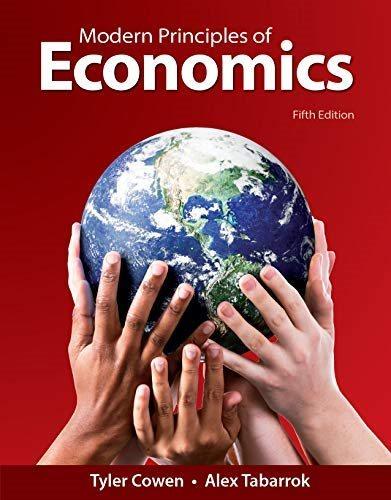a. Suppose that the central bank follows a fixed 3% annual monetary growth rule, as Milton Friedman
Question:
a. Suppose that the central bank follows a fixed 3% annual monetary growth rule, as Milton Friedman sometimes recommended. In the short run, what will the velocity shock do to real growth and to inflation?
b. In the long run, what will this velocity shock do to real growth and to inflation?
c. If voters are concerned only about real growth in the long run, will they favor rules, will they favor discretion, or will they be indifferent between the two?
d. If voters are impatient, and concerned only about real growth in the short run, will they favor rules, will they favor discretion, or will they be indifferent between the two?
e. Which kind of voters favor discretion: Those with a long-run horizon or those with a short-run horizon?
Step by Step Answer:






